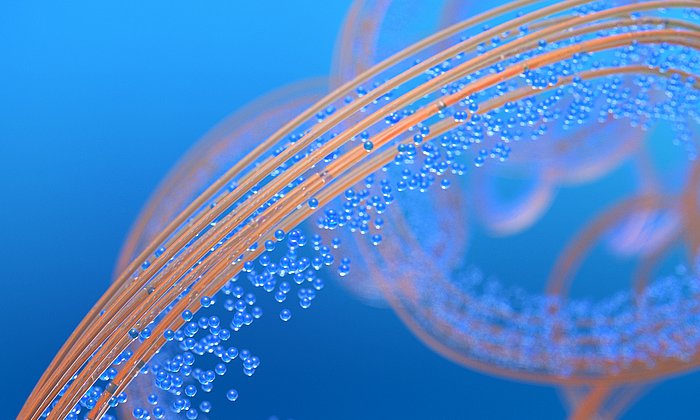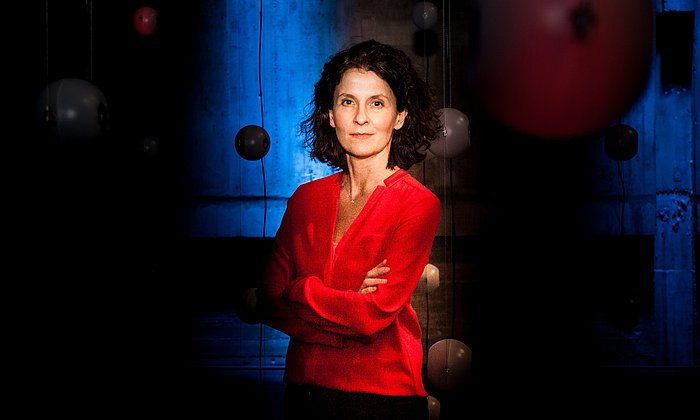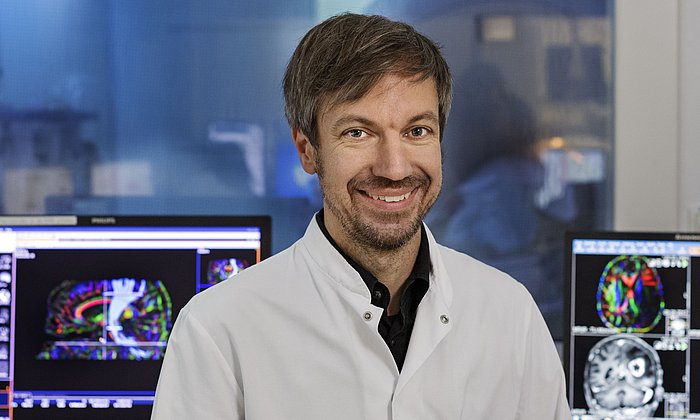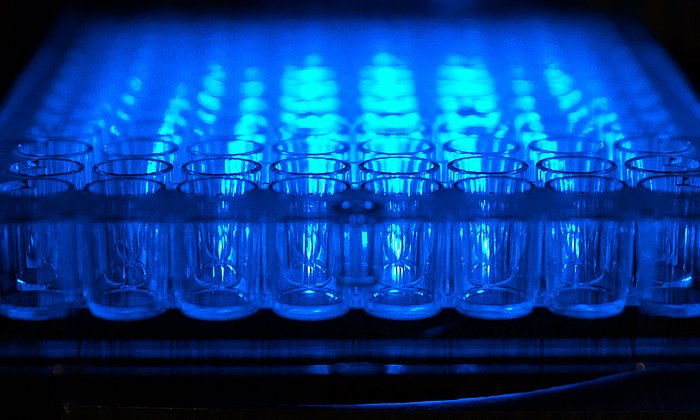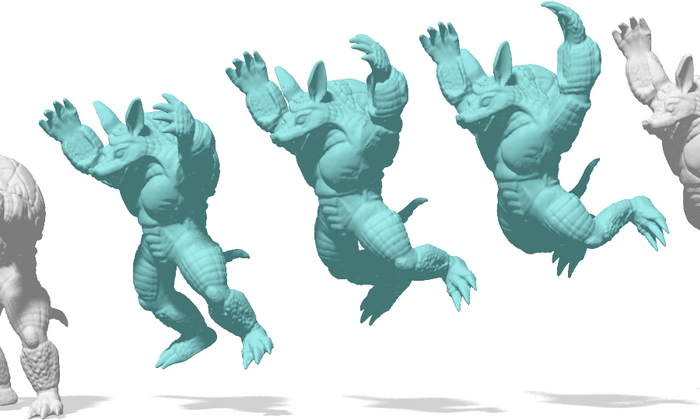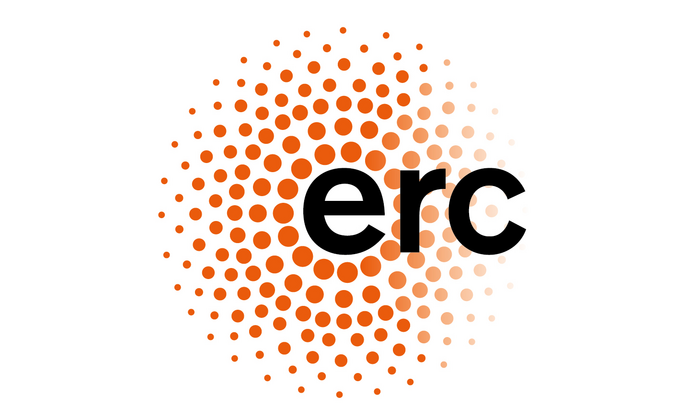ERC Consolidator Grants awarded to TUM researchers
European funding for five projects
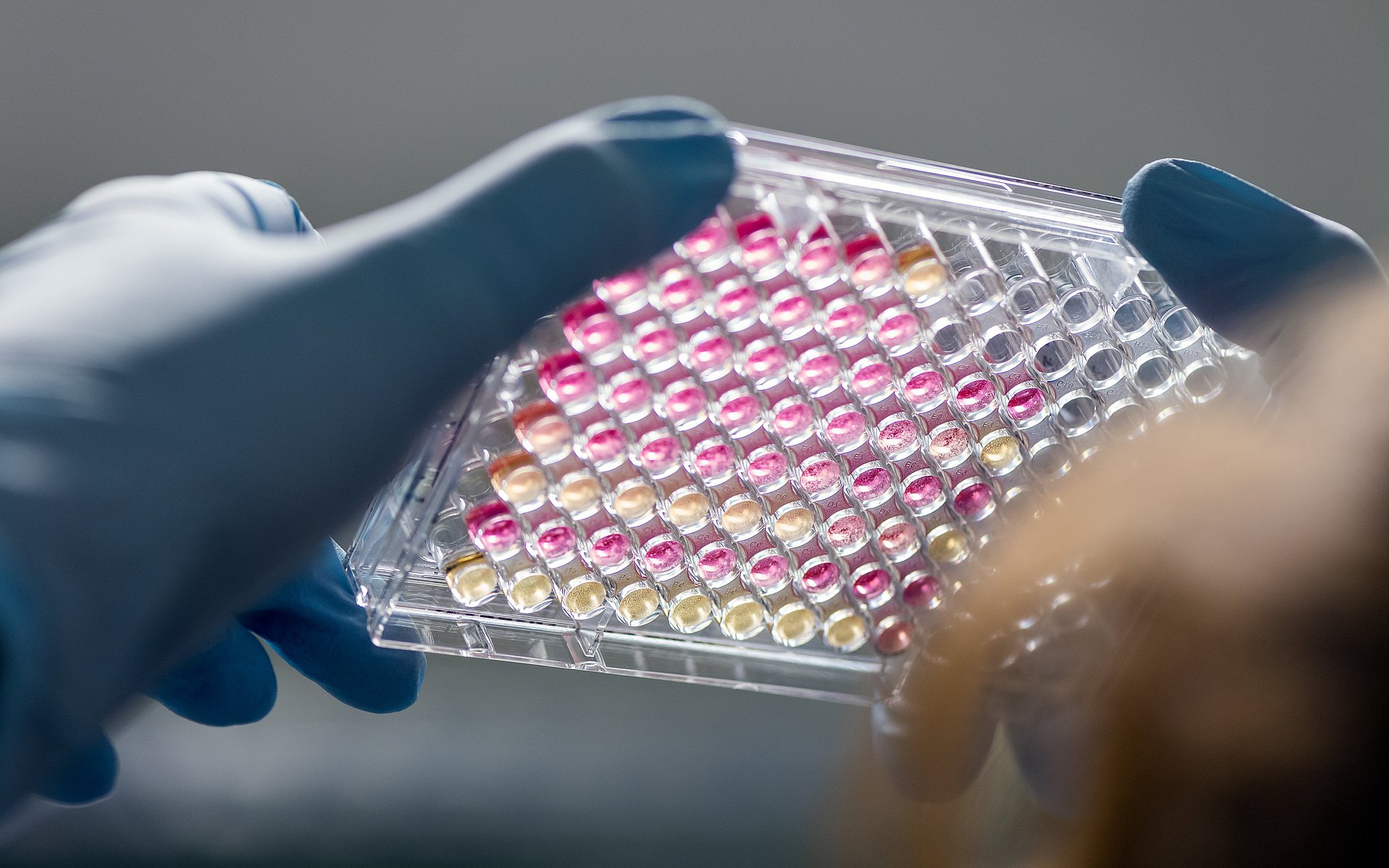
Researchers at TUM have procured a total of 182 highly respected ERC Grants to date. The grants are awarded annually in several categories. Consolidator Grants are provided to researchers with between seven and 12 years' experience since completion of a doctorate. The selected projects will receive up to 2 million euros in funding.
Prof. Dr. Jia Chen
Prof. Jia Chen is developing new types of sensors, methods, and models to precisely localize and quantify the emission sources of greenhouse gases and air pollutants in cities at high resolution. This can be used to efficiently reduce emissions, mitigate climate change, and reduce urban air pollution. In the CoSense4Climate research project, she uses mathematical approaches, computational fluid dynamics simulations, and machine learning to infer emissions from atmospheric observations. For this purpose, her research group has established a unique sensor network in Munich, which continuously measures the concentrations of greenhouse gases. CoSense4Climate intends to create methods and models that will make it possible to mitigate climate change globally.
Jia Chen is Professor of Environmental Sensing and Modeling
Prof. Dr. Matthias J. Feige
All cells are surrounded by an insulating layer, the cell membrane. Proteins integrated in this insulating layer, known as membrane proteins, serve to transport nutrients, signals and other molecules through the membrane. Membrane proteins make it possible for cells to interact with one another and thus ultimately to form complex organisms. Defects in the structure of membrane proteins can have serious consequences, such as diseases like cancer or neuro-degenerative disorders. In the ERC project DeCoDe (Deciphering Cellular Networks for Membrane Protein Quality Control Decisions), a research team led by Prof. Matthias Feige is investigating how cells make and control these important proteins. The objective is among others to find out how faulty membrane proteins are detected, which repair mechanisms exist and how defective proteins, which cannot be repaired, are degraded. The results of the project should fundamentally advance our understanding of how our cells function and could provide new strategies for treating various severe diseases.
Matthias J. Feige holds the Professorship for Cellular Protein Biochemistry. Among others, he is a member of the Focus Group Cellular Protein Biochemistry at the TUM Institute for Advanced Study and is head of the TUM Innovation Network Next Generation Drug Design.
Prof. Dr. Lars Mägdefessel
A large fraction of the human genome is transcribed into non-coding RNAs. The majority of these are long non-coding RNAs (lncRNAs). Unlike mRNAs, on which the new RNA vaccines are based, they do not contain “building instructions” for proteins. Still, they play an important, yet poorly-understood role for diseases. In his project LongTx, Prof. Lars Mägdefessel will investigate how lncRNAs can be used to develop better treatments for vascular diseases. He is particularly interested in atherosclerosis in vessels supplying the brain – one of the main causes of strokes. Using a combination of different methods, Mägdefessel and his team have already identified several lncRNAs that play a role in the development of vascular diseases. Now they want to investigate their function and therapeutic potential in preclinical test series in order to develop them further for future treatment strategies.
Lars Mägdefessel is Professor of Molecular Vascular Medicine at TUM's university hospital Rechts der Isar and a Scientist at DZHK, the German Center for Cardiovascular Research. He received an ERC Starting Grant in 2015.
Dr. Luca Pattavina
Astronomers have long been in pursuit of neutrinos, sometimes referred to as "ghost particles". Neutrinos can provide insights into astronomical events taking place deep in the heart of the galaxy, for example supernovae. To detect these invisible and almost massless particles, huge detectors are operated, such as IceCube Neutrino Observatory in Antarctica with a volume of one cubic kilometer or the Super-Kamiokande detector in Japan with 50,000 tons of highly pure water. In the RES-NOVA project, Dr. Luca Pattavina and his colleagues at the Gran Sasso Underground Laboratory (LNGS) in Italy are working on a new type of detector that is significantly smaller. The main component of the new detector material is archaeological lead operated as a low-temperature detector at milli-Kelvin temperatures. Due to its age of more than 2,000 years, this lead has only very low natural radioactivity and produces hardly any disturbing background noise during the measurements. The goal of the project is to build a demonstrator that can be used to measure neutrinos produced by the next supernova.
Dr. Luca Pattavina is a scientist at the Chair of Experimental Astroparticle Physics and a member of the ORIGINS Cluster. He also works as a scientist at the LNGS. The ERC grant proposal was submitted by LNGS.
Prof. Dr. Nina Henriette Uhlenhaut
Glucocorticoids are steroid hormones that are released every 24 hours during the day-night cycle and in stressful situations. They play an important role as endogenous hormones and chemically as drugs. High levels of stress hormones are associated with metabolic disorders and premature aging. In contrast, diets such as caloric restriction or intermittent fasting improve metabolic function and prolong life. However, these diets also increase glucocorticoids. With the ERC Consolidator Grant, Prof. Nina Henriette Uhlenhaut now wants to answer the open question: What are the effects of these elevated hormone levels, and are these diets beneficial because or in spite of the steroids? The project GRACE aims to identify nutritional, "rejuvenating" proteins and genes that influence our internal, circadian clock. Ultimately, studying the molecular mechanisms of stress hormones may identify new pharmacological or dietary interventions for longer, healthier lives.
Nina Henriette Uhlenhaut is Professor of Metabolic Programming at TUM and Director of the Institute of Diabetes and Endocrinology at Helmholtz Munich. She received an ERC Starting Grant in 2014.
Technical University of Munich
Corporate Communications Center
- Paul Hellmich
- paul.hellmich@tum.de
- presse@tum.de
- Teamwebsite
